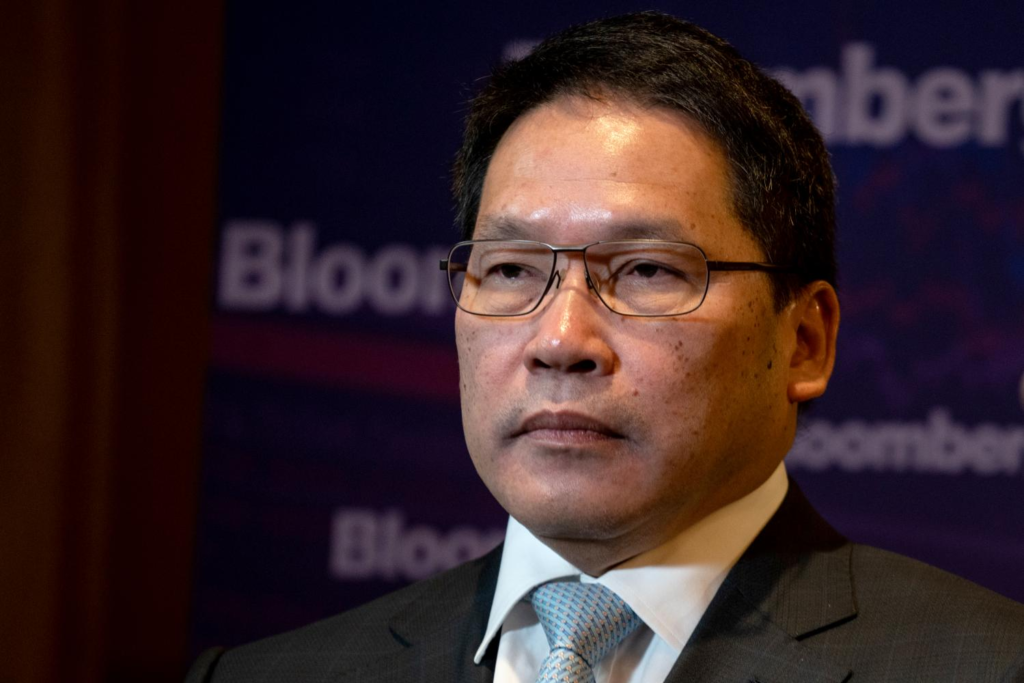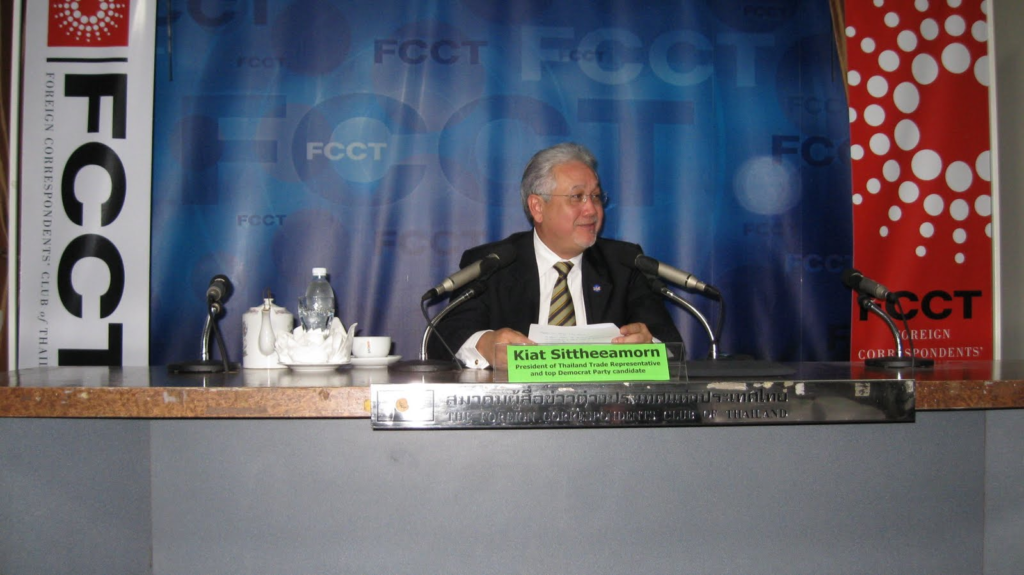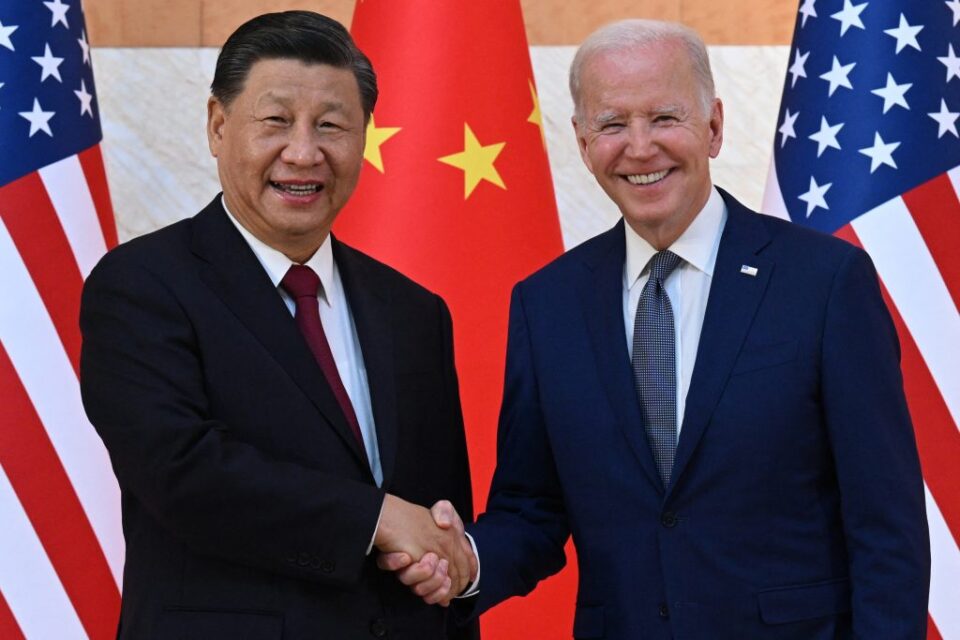According to prominent lawmakers running in the 2019 general election, finding the correct balance in Thailand’s relations with the US and China, whose ongoing geopolitical competition is unsettling the world, would be a big policy problem.
They also concur that given its close relations to both superpowers, Thailand should not take a side in the conflict.
Both nations have always been close allies of Thailand. Both have historical and economic significance for Thailand. As a result, we must keep our friendships with both, according to Korn Chatikavanij, leader of the Chartpattanakla Party and candidate for prime minister.
Most importantly, we must remain neutral. There is just no justification for Thailand to select one over the other, according to Korn, a prominent lawmaker who was questioned on foreign policy matters by Thai PBS World.
Uttama Savanayana, the head of the Palang Pracharath Party’s policy committee, concurs with him and wishes to see Thailand have a distinct foreign policy.

When significant issues come up on the international scene, he remarked, “If our strategy is clear, we will be able to take appropriate position based on Thailand’s interest.”
Uttama, whose party is viewed as a potential important factor in the post-election scenario, continued, “It also means that Thailand will not allow itself to be pushed by other countries to take certain stand.”
But he acknowledged that maintaining a neutral stance between the two superpowers will be a difficult political task for the incoming administration.
The head of the Democrat Party’s foreign affairs committee, Kiat Sittheeamorn, asserted that when Thailand’s interests are at danger, it must confront powerful nations.
Kiat, Thailand’s trade representative under the Abhisit administration, said, “There are international treaties and accords that Thailand can fall back on in conducting its foreign policy without having to give in to pressure from major countries.”
“I want to emphasize that Thailand can have friendly relations with all nations with respect, regardless of how strong they may be. The days when we were constantly silently on the receiving end of things are long gone because the world has changed, he said.

Even the US and China, according to Kiat, need to be confronted if their actions or policies conflict with those of Thailand and other nations in the region.
“The US needs to be reminded that it should not expect support from countries in the region if the goal of its Indo-Pacific strategy is to contain China,” he said.
Furthermore, according to Kiat, the Belt and Road Initiative should not be viewed as solely a Chinese project in terms of China. If China wants full participation from the region’s nations, he said, “it must show that it intends to make it a regional initiative.”
The head of the Prime Minister’s Security Advisory Committee, Dr. Panitan Wattanayagorn, also urges the incoming administration to balance its relations with the two superpowers.

“There shouldn’t be such polarization in the globe. In an ideal world, he argued, there would be multiple poles, allowing nations like Thailand to remain neutral without having to choose a side.
Closer to home, the ongoing issue in Myanmar will probably continue to provide the future administration with significant foreign policy difficulties.
More sanctions against the military government in Thailand’s neighboring country are opposed by Kiat of the Democrat Party. “Sanctions do not solve problems because those who suffer the most are ordinary people,” he claimed, pleading for Thailand and Myanmar’s other neighbors to persuade nations with sway over the Naypyidaw junta to take greater initiative in resolving the crisis.
It would be challenging to achieve peace in Myanmar, he claimed, if nations like China were excluded from the discussion.
Meanwhile, Dr. Panitan suggested that the new Bangkok government step up attempts to start a dialogue to stop the violence in Myanmar before it worsens and turns into a full-fledged civil war.
He suggested creating a platform for discourse like to the unofficial gatherings Indonesia hosted, which were crucial in putting a stop to the fighting in Cambodia after the Vietnamese invasion in 1979.




